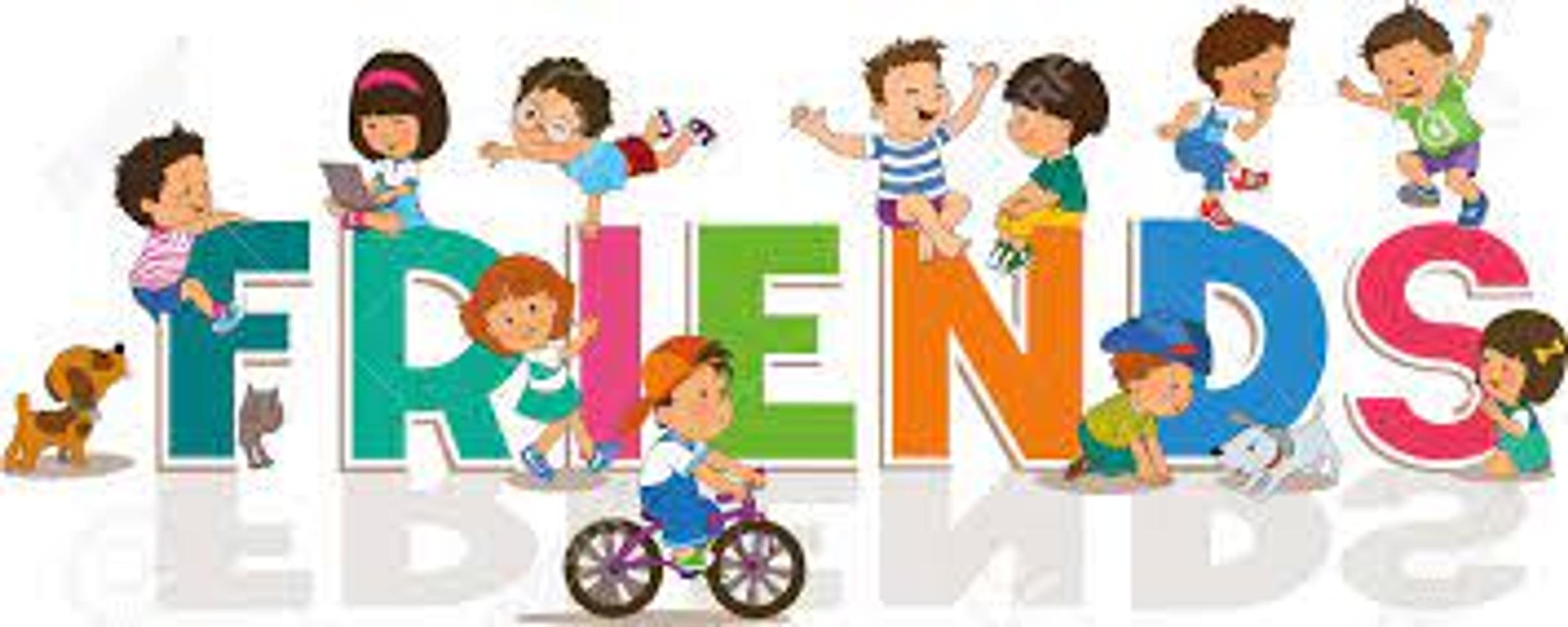WELLBEING

As we return to school after two weeks of remote learning, the social and emotional wellbeing of our students is key. Transitioning back to onsite learning will look different for each student. Reconnecting with peers, rebuilding relationships and creating opportunities for social connectedness will be a focus for the school community when returning to the classroom. Friendships provide students a sense of belonging, opportunities to develop social skills and support self-esteem.
The following article from the Department of Education addresses the importance of friendships, discusses the role of friendships and supporting your child/children to establish positive and healthy relationships.
Making and keeping friends
Making friends is an important part of your child’s development. Friends are people that your child can:
- talk to
- share things with
- confide in.
Strong friendships allow children to grow into well-adjusted adults with strong social skills.
The role of friends
Parents and friends play a different role in the life of a child.
You can help your child to make long-term decisions about things like their values and morals.
Your child’s friends are more likely to influence their short-term choices. This could include:
- the way they dress
- their hobbies
- the things they like to do in their spare time.
Talk to your child about their friends
Your child’s friendship's can often change.
It is the quality of friends that your child has that is important, not the number. Whether your child has one special friend or many friends isn’t the issue. As long as they are happy and content they’ll do fine.
Sometimes your child will argue with their friends. Not all arguments are bad. They are an important part of growing up.
Talk to your child about:
- what things they like to do with their friends
- the things they like about their friends
- the ways your child could show their friends how much they mean to them
- how their friendships are going. If there are problems this gives your child a chance to talk to you about them.
Listen to your child and use open-ended questions. These are questions that can't be answered with a simple yes or no.
Talk to your child about your friends
Talking to your child about your own friends and friendship history. This shows them how to be a friend and have friends.
Use examples and explain to your child the time and effort you put into your own friendships
Talk about forgiveness
Sometimes friends do things that upset us. This doesn’t mean the friendship has to end. Understanding that everyone makes mistakes is an important lesson to learn.
Help your child make friends
Friendships are usually made between people who have the same interests. Making friends can take time.
Some children find it easy to make friends. Others find it difficult. You know your child best.
If you know your child is nervous or shy when making friends difficult, you can encourage them to:
- say hello and smile
- look for another child who seems shy and talk to them
- ask questions to start a conversation, like what school did you go to last year or do you like maths, music, running?
- listen to other children when they are talking and find out if they have things in common.
You can also support your child’s interests and get them involved in clubs or groups. This means they can make friends with children outside of school too.
Social media and friendships
The internet lets young people make friends in new ways. Friendships made through social media are different from real-life friendships.
Make sure your child is staying safe. Pay attention to their online friendships and social media activity.
Friendships and moving to secondary school
Friends help each other make the move from primary to secondary school easier.
Your child will have made strong friendships at primary school. Your child might want to stay with their friends and go to the same secondary school. They might choose to go to a different school.
You can help your child keep their current friends and make new friends at their new school.
Friendships need time, attention and trust if they are going to last.
You should encourage your child to spend quality time with their new and old friends.
